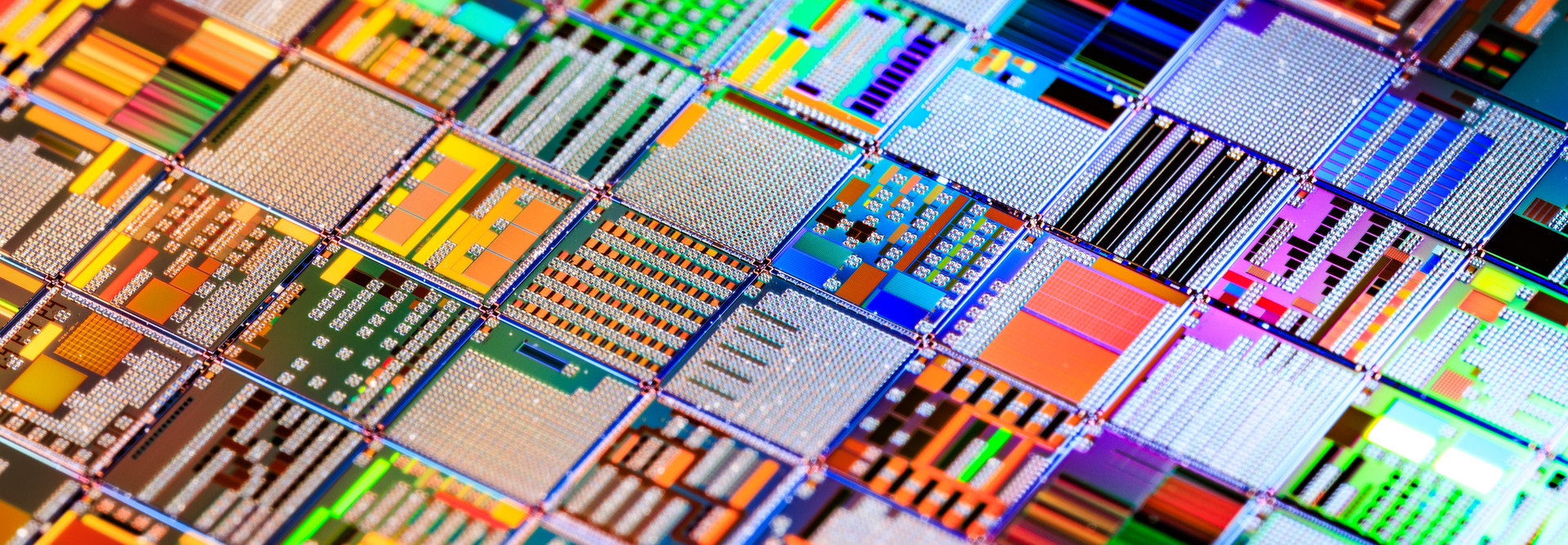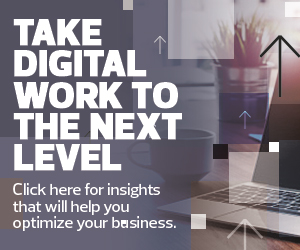AI Fuels Sustainability Efforts for the Energy and Utilities Industry
In the energy and utilities sector, AI is helping IT leaders run predictive analytics on usage to forecast energy needs. Using real-time data drawn from smart meters and Internet of Things devices, the technology can optimize energy distribution and prevent system shortages.
AI and energy are “the new power couple,” say policy analysts writing for the International Energy Agency. The technology is poised to reduce costs and boost sustainability.
“One of the most common uses for AI by the energy sector has been to improve predictions of supply and demand. Developing a greater understanding of both when renewable power is available and when it’s needed is crucial for next-generation power systems,” according to the IEA commentary.
AI’s predictive power lies in machine learning, which can “help match variable supply with rising and falling demand — maximising the financial value of renewable energy and allowing it to be integrated more easily into the grid,” the IEA notes.
READ MORE: Power up your business with high-performance computing and AI.
In Retail, AI and Machine Learning Promise Twice the Profits
Retailers are also increasingly reaping the benefits of AI. A recent IHL Group study predicts that retailers who leverage AI and machine learning will have 2.6 times more profit growth in 2024 than their competitors that don’t leverage these technologies.
“It is no longer a question of if AI/ML is making a difference,” says Greg Buzek, president of IHL Group. “The data shows it is clearly a differentiator that will continue to deliver results and help leading retailers lap their competition.” That’s particularly true in security, customer service and demand forecasting: the three areas in which AI has proved to be most effective.
In Finance, AI Fuels High-Performance Algorithmic Trading
In finance, AI models are processing huge volumes of data to make automated algorithmic trading decisions faster than human traders can. The scale at which these trades happen is significantly impacting the sector’s infrastructure.
Banks, which have been slower to adopt AI compared with other industries, have now embraced it. Experts say generative AI is a critical component in their digital transformation goals as they shift from legacy tech to digitally native tools, notes a recent KPMG report. And now, thanks to AI, the digital transformation of the front office, middle office and back office is underway.
DISCOVER: How AI-enabled PCs improve the end-user experience.
In the Automotive Industry, Embedded AI Promises Fewer Accidents
AI will also need to pass the litmus test on the road as companies like Tesla and Waymo use the technology for self-driving cars. With embedded AI, safety teams can learn from volumes of driving data. Complex simulations, drawn from rapid testing and refined algorithms, also allow for continuous improvement in automated decision-making and environmental awareness, potentially leading to fewer driving accidents and enhanced safety.
“Can we save more lives by bringing automated vehicle technology to more people in more places and sooner?” asks Avinash Balachandran, director of the Toyota Research Institute’s human interactive driving division. “We think the answer is yes, by rethinking the way people and embodied technologies interact.”












